Rex and Scruffy face some of the same hazards that toddlers do. If there’s a thumbtack under the rug or an errant cheese puff behind the couch, they’ll find it—and put it in their mouths. So, as with childproofing a home, keeping your space safe for your pet is also paramount. But this doesn’t have to mean a drastic overhaul. A few smart organizational tweaks can turn your base camp into a haven for all of its residents. Read on to see how.
Get A Pet’s-Eye View
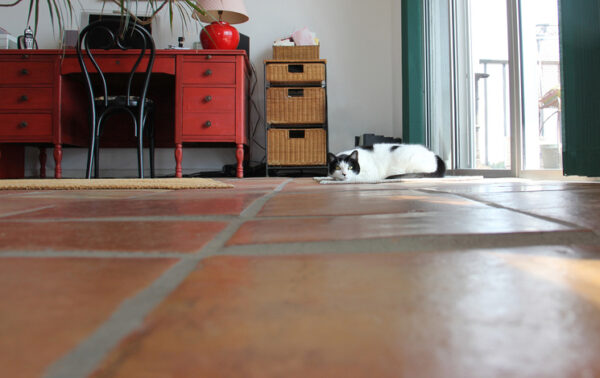 Regularly get down on your hands and knees to scan nooks that your vacuum can’t reach (but your pet can) for choking hazards like strings, batteries, coins or that pain reliever that rolled away months ago, advises Bernadine Cruz, D.V.M., an associate veterinarian at Laguna Hills Animal Hospital in Southern California. Secure loose electrical wires, shorten long window cords and satisfy your pet’s urge to chew by providing appropriate toys. For example, consider giving kitty a vertical play area such as a cat tree, window perch or padded shelf where she can unleash her inner feline away from bite-size hazards that occasionally fall on the floor.
Regularly get down on your hands and knees to scan nooks that your vacuum can’t reach (but your pet can) for choking hazards like strings, batteries, coins or that pain reliever that rolled away months ago, advises Bernadine Cruz, D.V.M., an associate veterinarian at Laguna Hills Animal Hospital in Southern California. Secure loose electrical wires, shorten long window cords and satisfy your pet’s urge to chew by providing appropriate toys. For example, consider giving kitty a vertical play area such as a cat tree, window perch or padded shelf where she can unleash her inner feline away from bite-size hazards that occasionally fall on the floor.
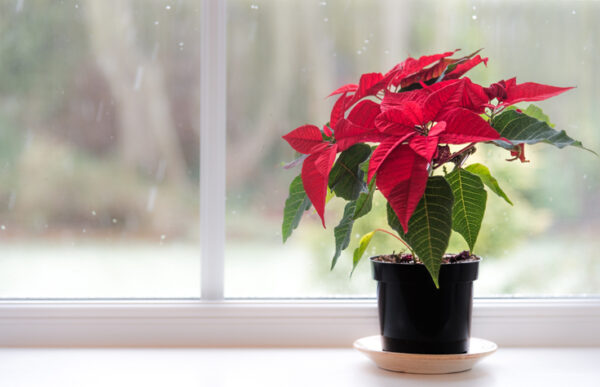 Check Your Plants
Check Your Plants
Many pet owners are unaware of the dangers of mixing houseplants and pets. Did you know even common plants such as poinsettias can be poisonous to dogs and cats? It’s true. In fact, consumption of any plant material has the potential to cause vomiting and gastrointestinal upset for dogs and cats. Check your plants both inside and outside the home against the ASPCA’s database of plants that are poisonous to pets and remove any that are listed as “toxic.” If you believe your pet may have ingested one of these toxic plants, immediately contact either your local veterinarian or the Animal Poison Control Center’s 24-hour emergency hotline at 1-888-426-4435.
Secure Your Kitchen
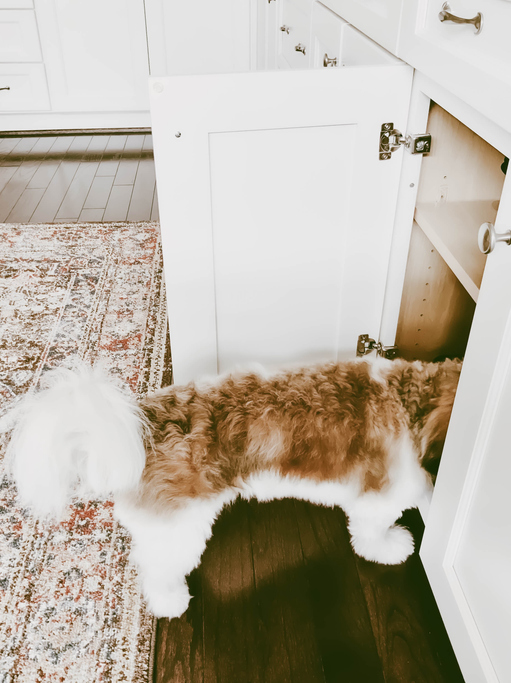 Many foods (grapes, raisins, coffee grounds, garlic, onions and chocolate) can make pets ill or even cause organ damage. Choose a trash can with a secure lid and keep it inside a cabinet with a child safety lock. “If you think your pet can’t open a cabinet, do a search on YouTube,” says Cruz, who has seen all kinds of Houdini-esque animal maneuvers. Additionally, safety-latch lower cabinets that contain household cleaners, and clear your counter of food, hot items and knives when you leave the kitchen, since these things can invite a spontaneous pounce. If you suspect your pet may have eaten something he shouldn’t have, note the amount ingested and immediately contact either your local veterinarian or the Animal Poison Control Center at 1-888-426-4435.
Many foods (grapes, raisins, coffee grounds, garlic, onions and chocolate) can make pets ill or even cause organ damage. Choose a trash can with a secure lid and keep it inside a cabinet with a child safety lock. “If you think your pet can’t open a cabinet, do a search on YouTube,” says Cruz, who has seen all kinds of Houdini-esque animal maneuvers. Additionally, safety-latch lower cabinets that contain household cleaners, and clear your counter of food, hot items and knives when you leave the kitchen, since these things can invite a spontaneous pounce. If you suspect your pet may have eaten something he shouldn’t have, note the amount ingested and immediately contact either your local veterinarian or the Animal Poison Control Center at 1-888-426-4435.
Hide Your Meds
Over-the-counter and prescription drugs should be kept out of the way of curious paws and snouts, as human medications are the leading cause of pet poisoning in the U.S.—and child-proof containers are not necessarily animal-proof. Household cleaners can also be toxic to pets. Stow them in a locked linen cabinet. And what about Fido drinking from the toilet? It’s gross but not deadly, as long as you avoid automatic bowl cleaners that continually release chemicals, says Cruz.
Pick Up Your Socks!
Yes, socks and underwear, surprisingly, are common choking hazards for Fluffy and Spot. So go ahead and corral dirty laundry out of sight in a basket with a secure lid. Bonus: Your bedroom will be tidier.
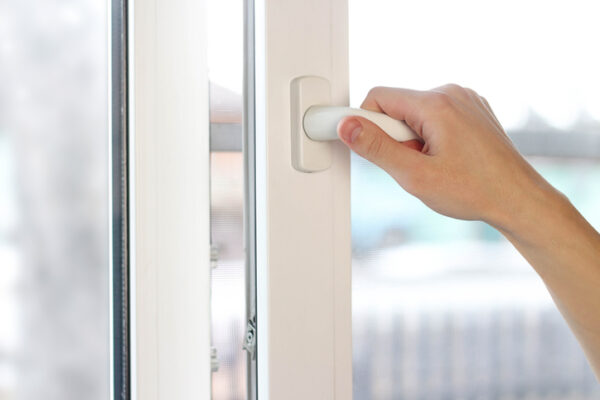 Fend Off Falls
Fend Off Falls
So many cats and small dogs are hurt or killed falling out of windows that vets have coined the problem “high-rise syndrome.” And you don’t have to live in a tall building to be vulnerable: “Even falling from a second story can be injurious to a small animal,” Cruz explains. Any window that even occasionally gets opened needs a tight-fitting screen.
Petscape Your Yard
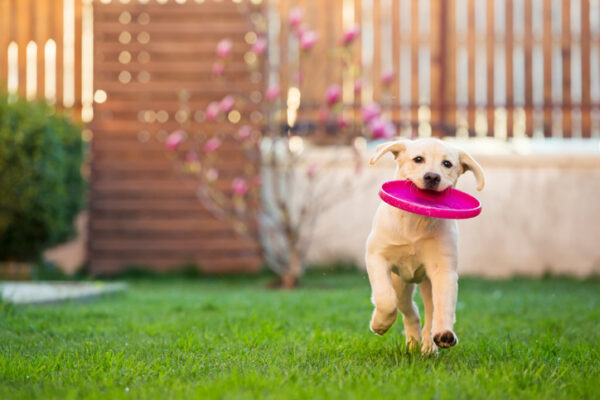 Avoid planting potentially poisonous plants such as azaleas, lilies and daffodils. If you can’t replant, then redirect your little digger to a designated digging area of sand or soft soil covered with wood mulch. Entice him to unearth treats you bury there instead of digging up bulbs, which can cause gastrointestinal issues, such as vomiting, or a blocked digestive tract. Cats and small dogs can enjoy the outdoors safe from predators inside a “catio,” a fully screened enclosure that some owners trick out with additional climbing ledges and water features. Talk about a purr-fect retreat.
Avoid planting potentially poisonous plants such as azaleas, lilies and daffodils. If you can’t replant, then redirect your little digger to a designated digging area of sand or soft soil covered with wood mulch. Entice him to unearth treats you bury there instead of digging up bulbs, which can cause gastrointestinal issues, such as vomiting, or a blocked digestive tract. Cats and small dogs can enjoy the outdoors safe from predators inside a “catio,” a fully screened enclosure that some owners trick out with additional climbing ledges and water features. Talk about a purr-fect retreat.
For more advice on how to care for a new pet, read 8 Tips To Help You Be A Better Pet Parent.
You want the best for your pets, and that includes their health. Keep them protected with affordable pet insurance through the GEICO Insurance Agency. We offer dog insurance and cat insurance.
By Julia Califano

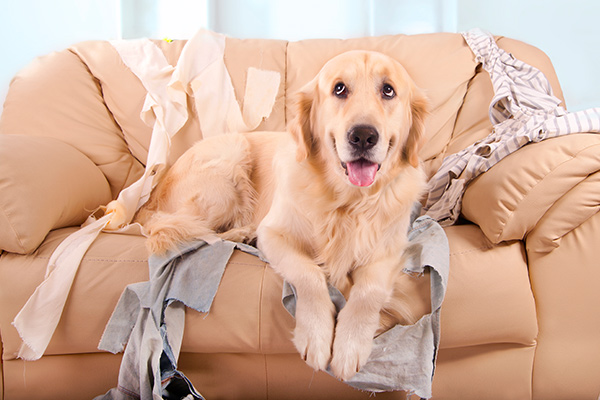


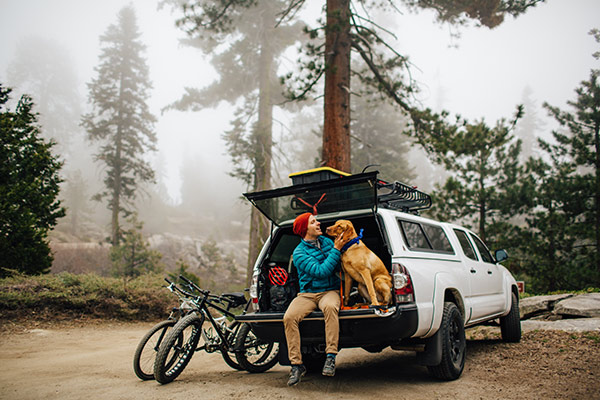
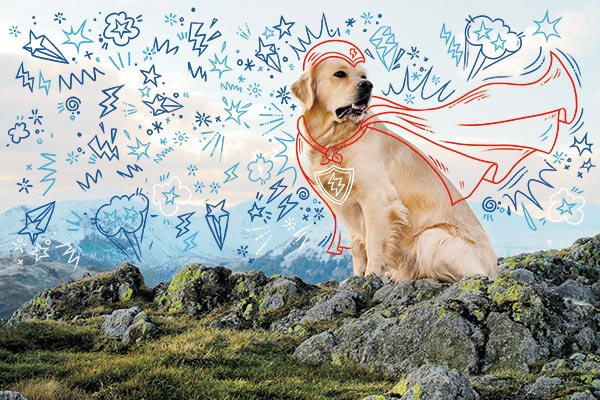
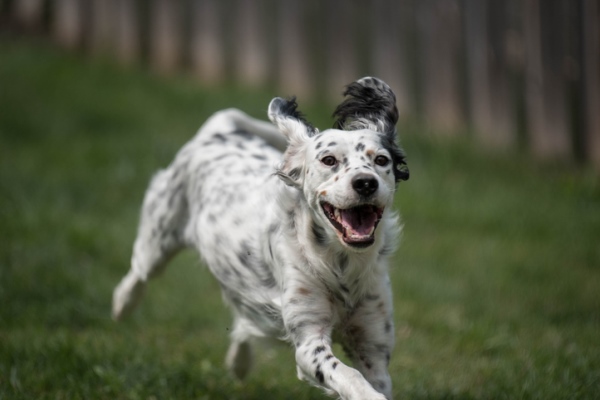
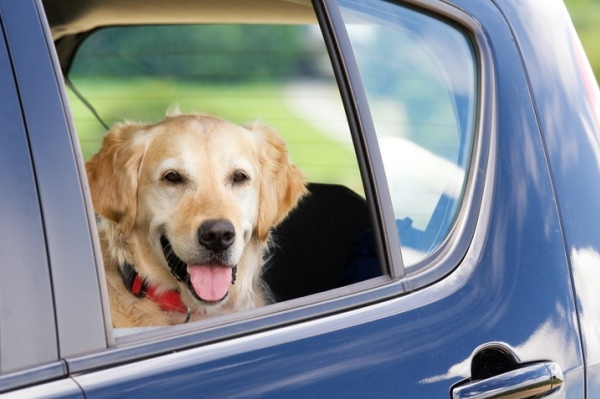
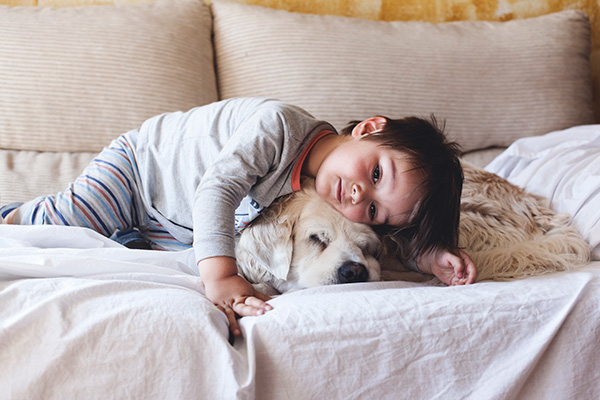
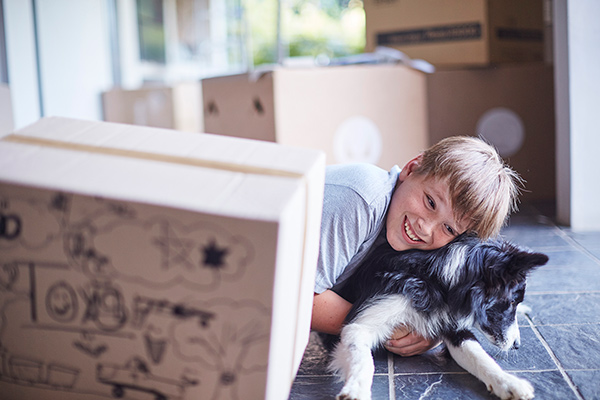
Leave a comment